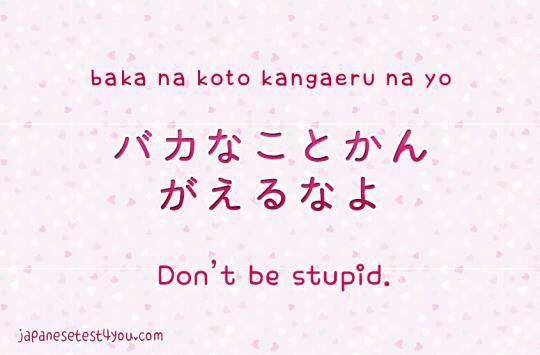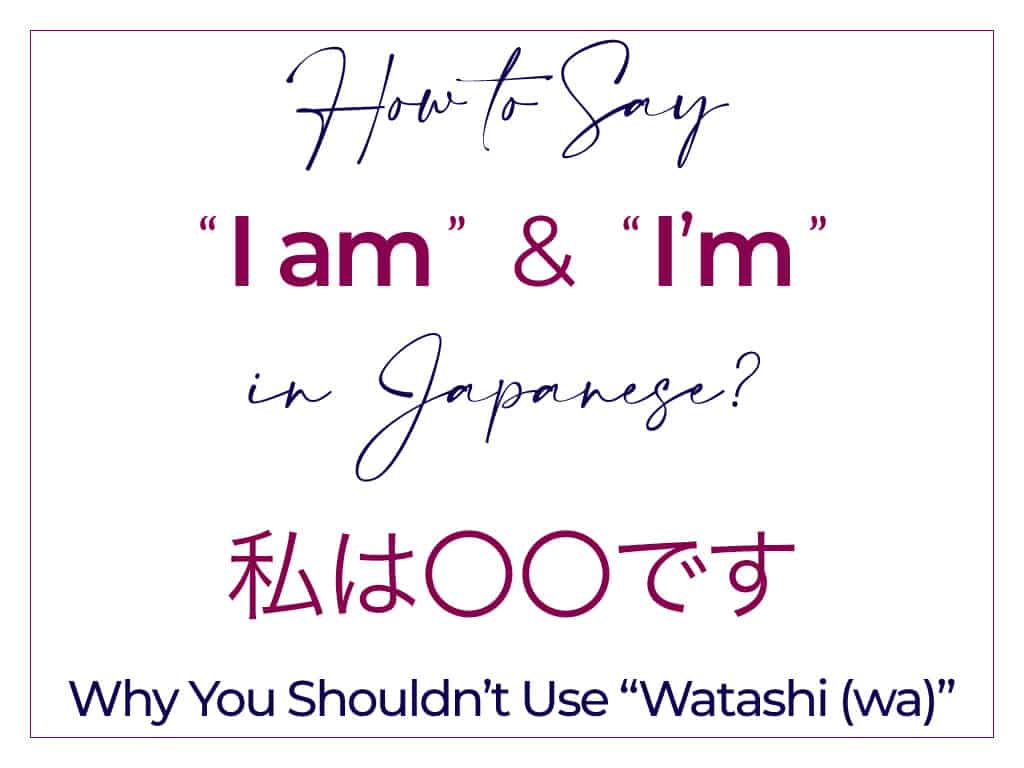How to Say “Maybe” in Japanese
If you’re embarking on a journey to learn Japanese, understanding expressions like “maybe” can be as crucial as mastering basic vocabulary. The ability to convey uncertainty or hesitation in a conversation is essential for effective communication. In this article, we’ll explore how to say “maybe” in Japanese and delve into the cultural nuances behind this seemingly simple word.
Table of Contents

- Introduction
- Why Learning “Maybe” Matters
- The Japanese Word for “Maybe”
- A Fundamental Phrase: “Tabun”
- Alternative Ways to Express Uncertainty
- Adding Depth to Your Language Skills
- 3.1. “Kamoshirenai” – A Slightly Stronger Maybe
- 3.2. “Moshikashite” – A More Reflective Maybe
- The Cultural Significance of “Maybe”
- Communication and Politeness
- 4.1. Non-Verbal Communication
- Mastering the Pronunciation
- Perfecting Your Accent
- Practice Makes Perfect
- Conversational Scenarios
- 6.1. Asking for Directions
- 6.2. Making Plans
- Common Pitfalls to Avoid
- Language Mistakes to Steer Clear Of
- Learning Resources
- Tools and Tips for Language Learners
- Conclusion
- Embrace the Power of “Maybe”
- FAQs
- 10.1. Is “tabun” the only way to say “maybe” in Japanese?
- 10.2. How do I use “kamoshirenai” in a sentence?
- 10.3. What are some non-verbal cues for expressing uncertainty in Japanese culture?
- 10.4. Are there regional variations in how “maybe” is expressed in Japanese?
- 10.5. Can I learn Japanese effectively through online resources?
Introduction

Learning a new language is an exciting journey filled with challenges and rewards. While acquiring basic vocabulary is essential, mastering conversational nuances like expressing uncertainty or doubt can elevate your language skills to the next level.
The Japanese Word for “Maybe”

In Japanese, the most common way to say “maybe” is “Tabun” (多分). This versatile word can be used in various contexts to convey uncertainty or likelihood. It’s a must-know term for anyone navigating Japanese conversations.
Alternative Ways to Express Uncertainty

Japanese offers more than one way to express uncertainty, each with its own subtleties.
“Kamoshirenai” – A Slightly Stronger Maybe
“Kamoshirenai” (かもしれない) adds a hint of uncertainty to your statement, making it clear that you’re not entirely sure but considering the possibility.
“Moshikashite” – A More Reflective Maybe
“Moshikashite” (もしかして) is used when you’re contemplating a potential outcome. It conveys a sense of thoughtfulness in your response.
The Cultural Significance of “Maybe”

In Japanese culture, effective communication is highly valued, and expressing uncertainty plays a crucial role in maintaining politeness and respect.
Non-Verbal Communication
In addition to verbal expressions of “maybe,” Japanese people often rely on non-verbal cues such as body language and facial expressions to convey their level of certainty or doubt.
Mastering the Pronunciation
Pronunciation is key to conveying your message accurately. Pay attention to the subtle nuances of Japanese pronunciation to make your “maybe” sound more authentic.
Practice Makes Perfect
To truly grasp how to say “maybe” in Japanese, you need to practice in real-life scenarios.
Asking for Directions
Navigating a foreign city becomes much smoother when you can ask for directions using the right expressions.
Making Plans
When making plans with friends or colleagues, knowing how to express uncertainty can help you avoid overcommitting.
Common Pitfalls to Avoid
As you delve into Japanese, be aware of common language mistakes that learners often make.
Learning Resources
Explore a variety of tools and tips that can accelerate your Japanese language learning journey.
Conclusion
Embrace the power of “maybe” in your Japanese conversations. Understanding the nuances of uncertainty not only enhances your language skills but also deepens your cultural understanding.
key words
- learn japanese in 90 days 2024
- japanese in use everyday
- japanese for to day
- how to say i love you in japanese

No Responses